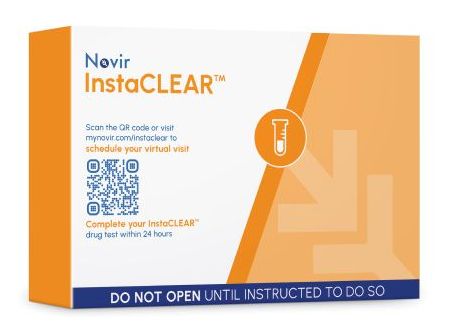Online Reasonable Suspicion Training and Employee Education
Online training is easy and is an essential part of your onboarding process for new supervisors. Our most popular courses are for Supervisor Training and DER Training.
Read about why Supervisor Reasonable Suspicion is so critical.
Please note that Internet Explorer is not supported for online courses.
Live Supervisor Training Events
Face-to-Face training is more engaging and interactive when it comes to explaining your employee drug testing program
Call us at 847-657-7900 to learn more!
What You Need To Know
49 CFR 382.603 is the applicable regulation requiring supervisors of commercial motor vehicle drivers who operate vehicles that require a commercial driver license to take 60 minutes of training on the symptoms of alcohol abuse and another 60 minutes of training on the symptoms of controlled substances use (120 minutes in total). The purpose of this training is to teach supervisors to identify circumstances and indicators that may create reasonable suspicion that a driver is using or under the influence of alcohol or drugs, supporting referral of an employee for testing.
If you operate vehicles that require a CDL on the public roads and you have more than one employee in the company, you are required to get DOT Supervisor Training. To verify if you are subject to the drug and alcohol regulations, please visit this link.
Owner-operators are not subject to DOT supervisor training. However, you are still required to register with a consortium for DOT drug and alcohol testing.
Employers need to ensure that the required content is made available to all persons designated to supervise drivers. Information can be found at this link.

